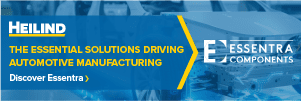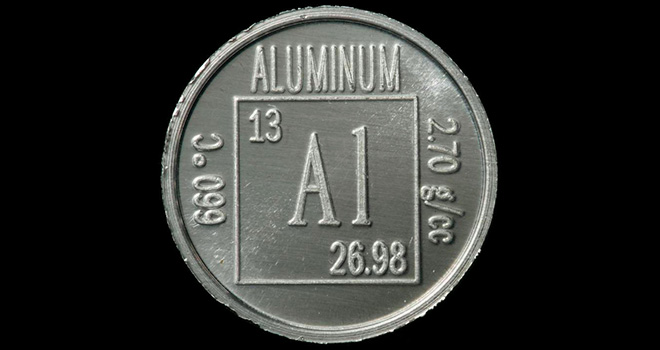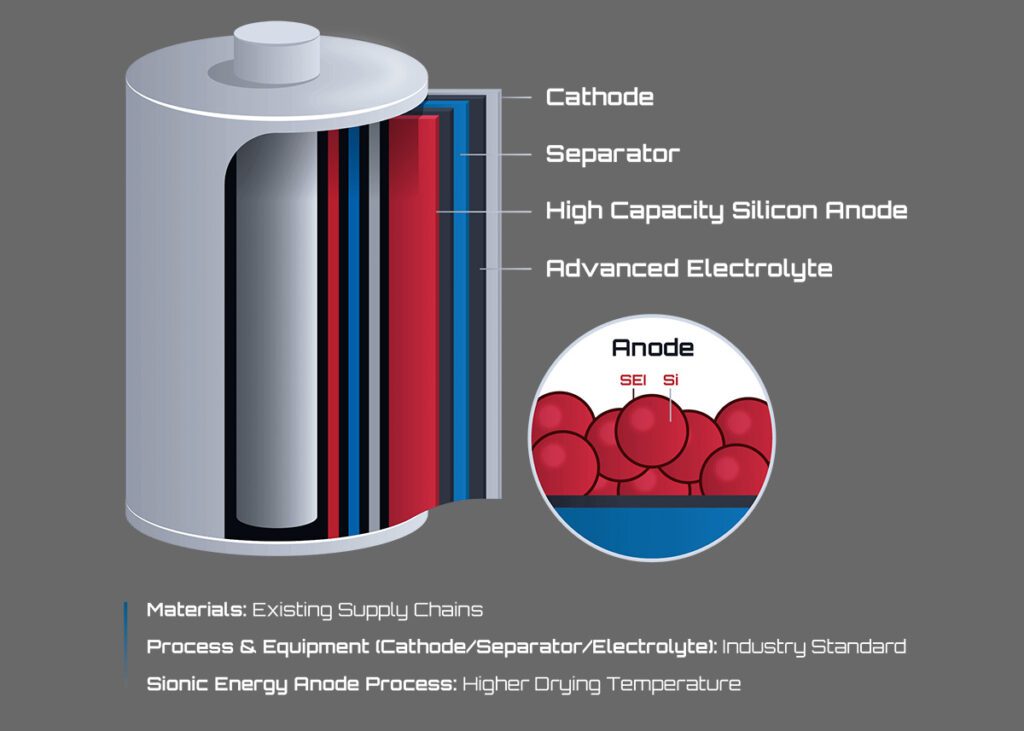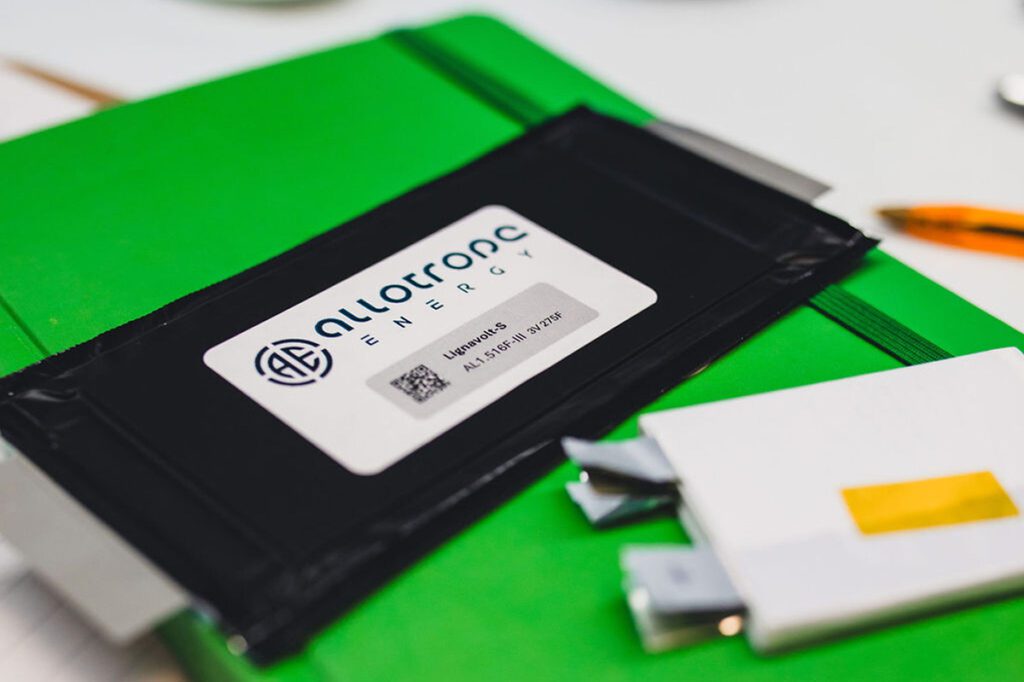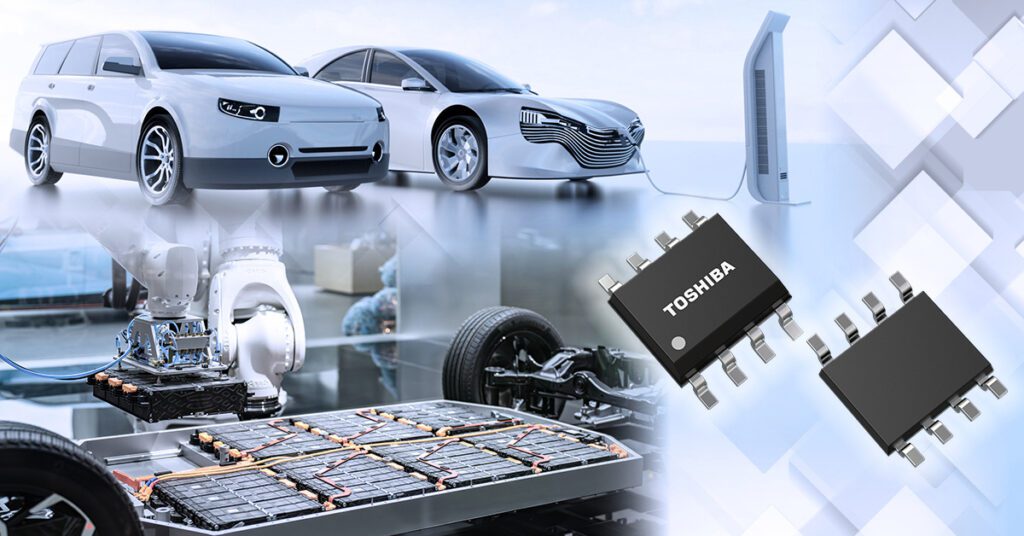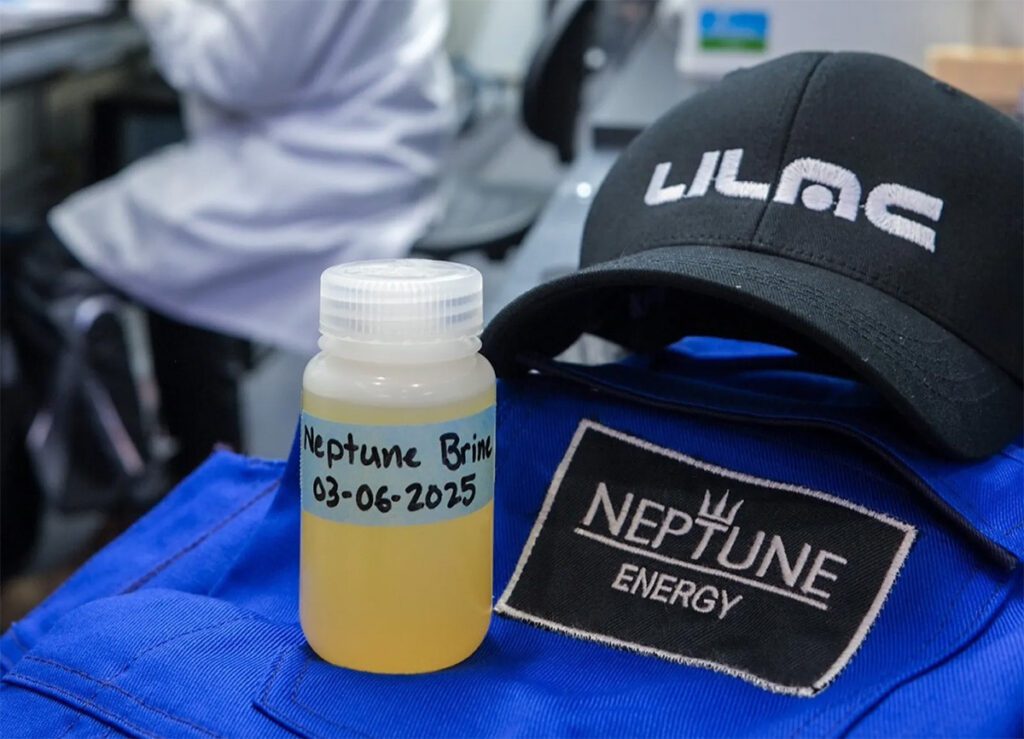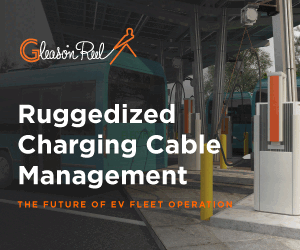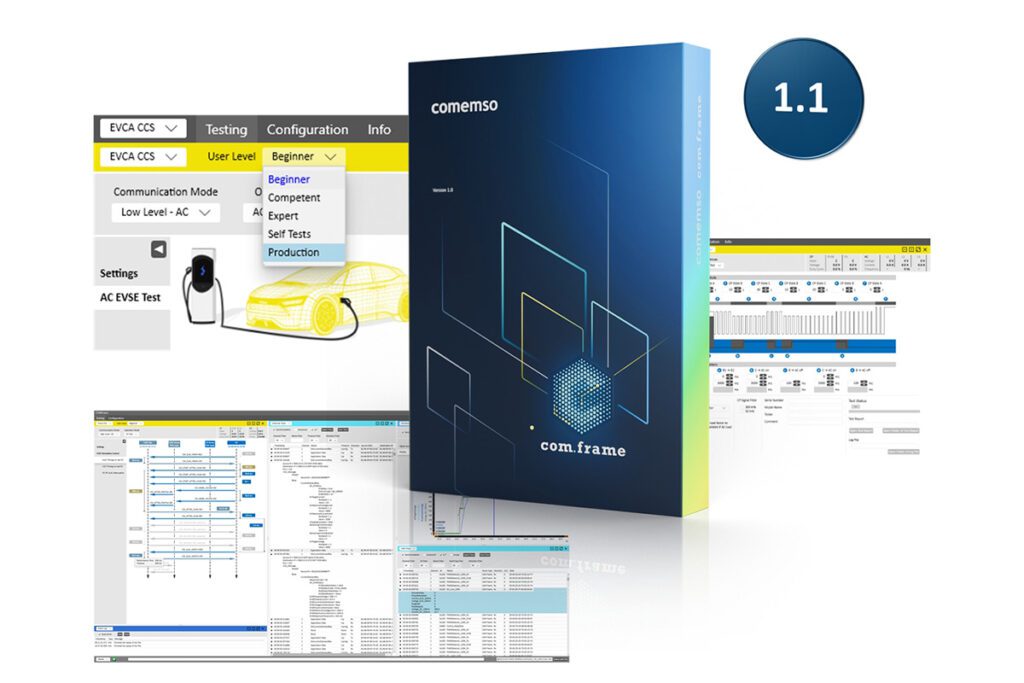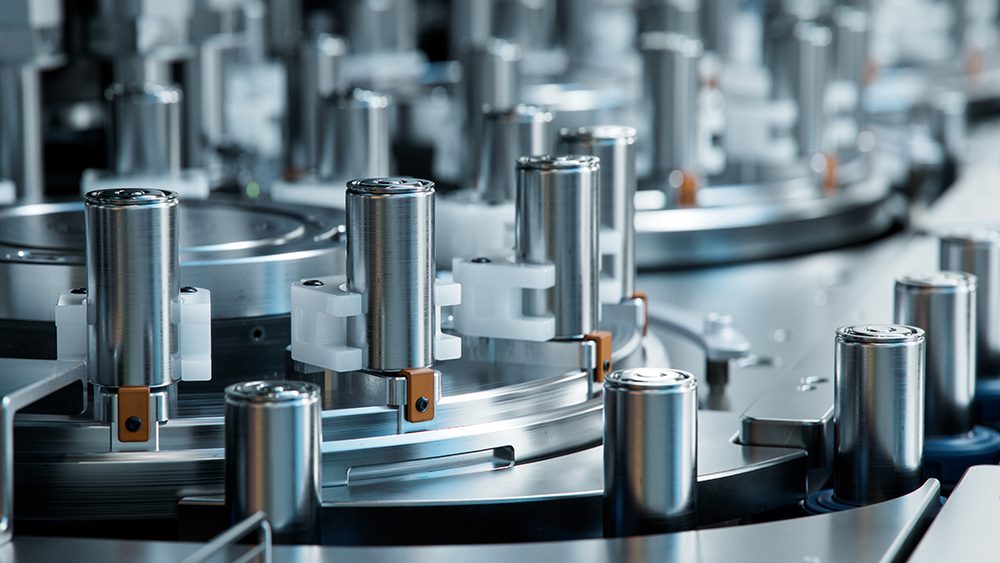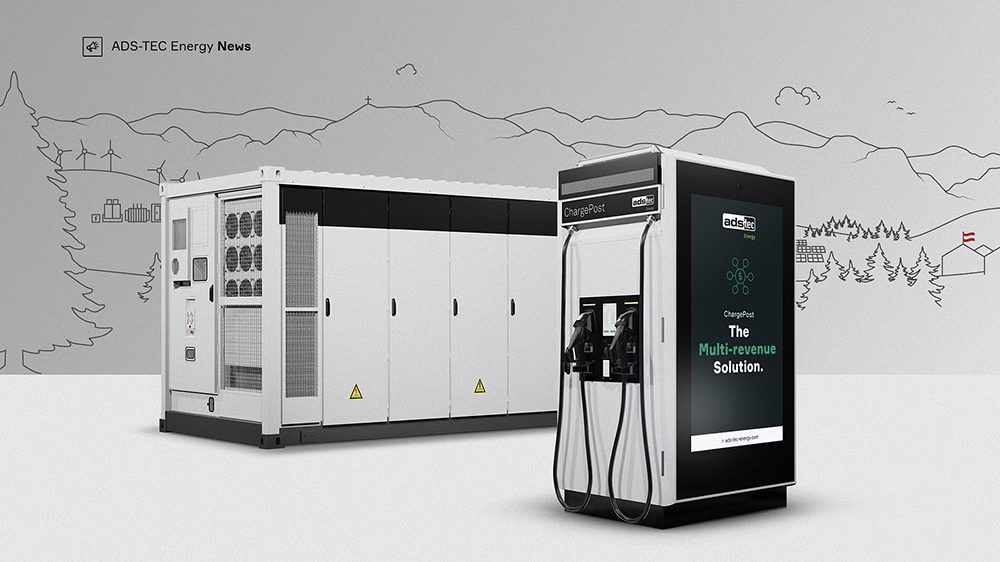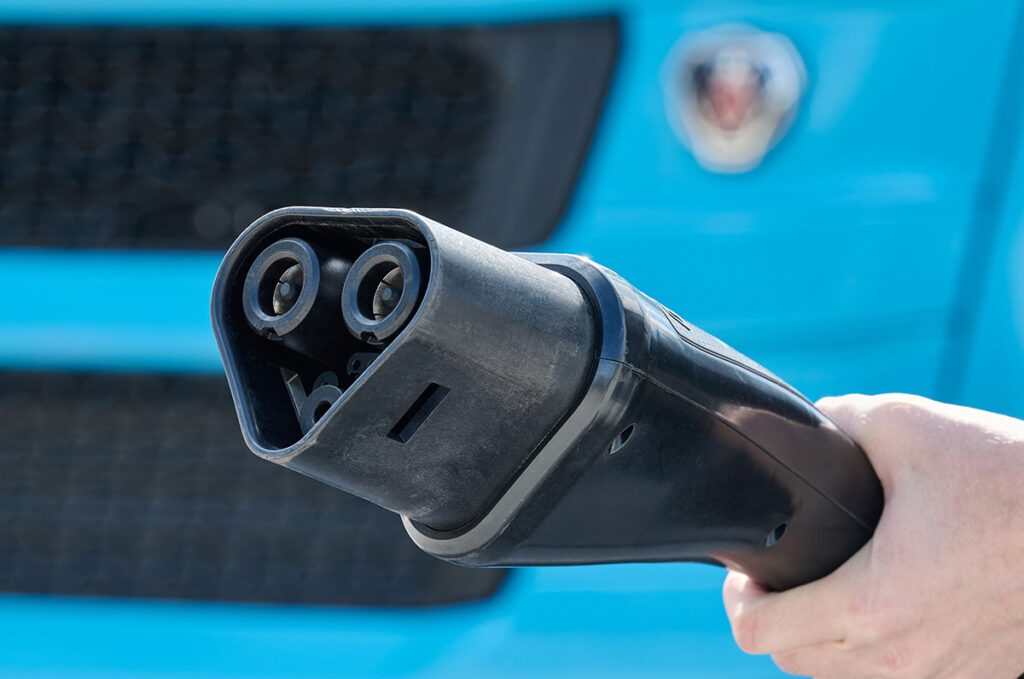Fuji Pigment is synthesizing ionic liquids for use as electrolytes in Li-ion batteries, as well as for the company’s own aluminum-air battery, which is currently under development.
Ionic liquids are compounds composed of organic cations such as imidazolium ions and pyridinium ions, and anions such as bromide, fluoride, and chloride. Fuji Pigment has synthesized imidazolium-, chloride-, and bromide-based ionic liquids, with a number of others in the development pipeline.
Ionic liquids are non-flammable and conductive. They remain in a liquid state over a wide temperature range, are thermally and chemically stable, and exhibit low vapor pressure.
Fuji Pigment is working on a rechargeable aluminum-air battery, and is investigating the possibility of using an ionic liquid such as 1-ethyl-3-methylimidazolium chloride or 1-butyl-3-methylimidazolium chloride as the electrolyte.
Metal-air batteries, which use a catalytic air cathode and a metal anode, offer very high theoretical energy densities, and are considered a promising candidate to replace Li-ion batteries. Aluminum-air batteries offer a theoretical specific energy of 8.1 kWh/kg, second only to that of Li-air batteries (13.0 kWh/kg).
Dr. Ryohei Mori, the leader of Fuji’s Al-air project, has published a couple of papers on the subject: “Semi-rechargeable Aluminum-Air Battery with a TiO2 Internal Layer with Plain Salt Water as an Electrolyte,” and “Addition of Ceramic Barriers to Aluminum-Air Batteries to Suppress By-product Formation on Electrodes.”
SEE ALSO: Flax straw extract improves aluminum-air battery performance
Source: Green Car Congress
Image: Mrs Pugliano (CC BY-SA 2.0)






